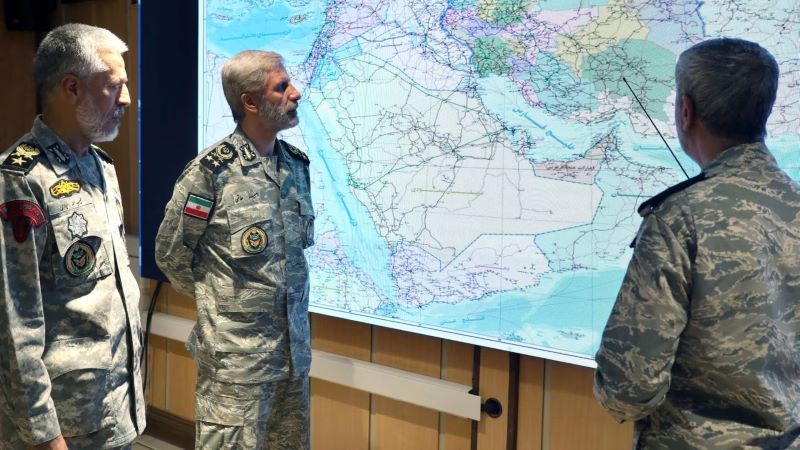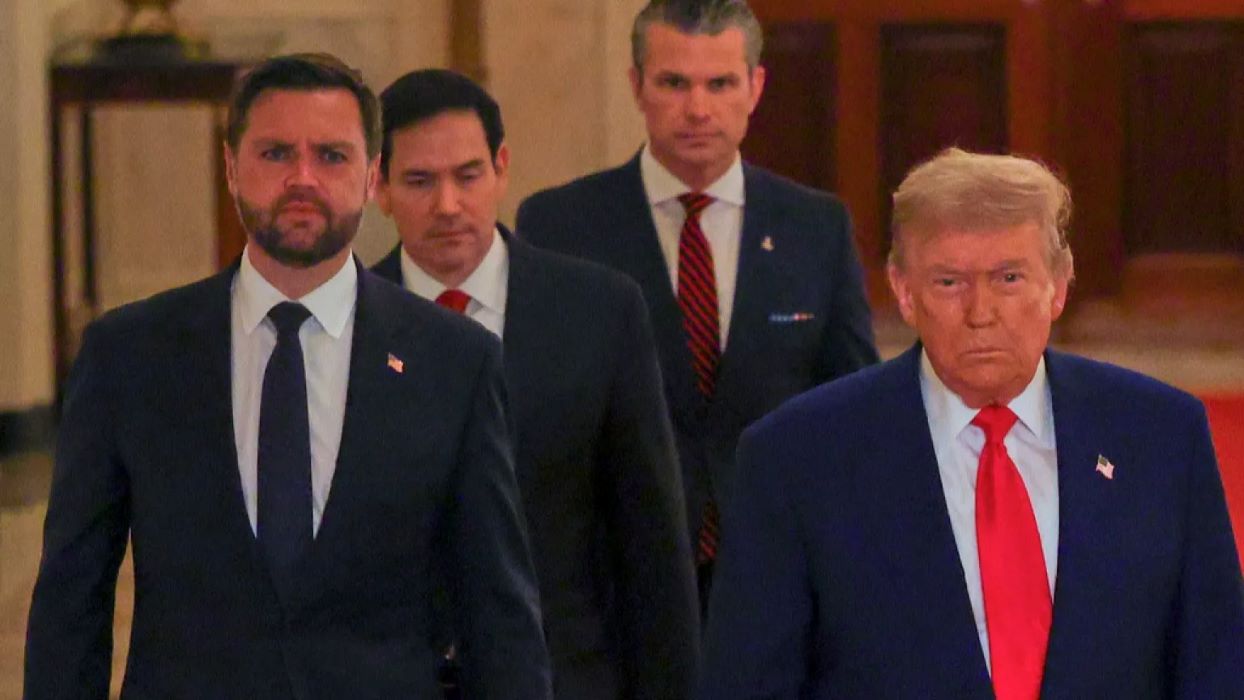After nearly two weeks of intense conflict, Israel and Iran have accepted a ceasefire agreement brokered by U.S. President Donald Trump, signaling an official end to what is now being dubbed the “12-Day War.”
The ceasefire was reached early Tuesday following a final exchange of heavy attacks between the two nations, and after Tehran launched a retaliatory missile strike on a U.S. military base in Qatar.
The hostilities culminated in the early hours of Tuesday with Iranian missile strikes killing at least four Israeli civilians in the southern city of Beersheba.
Israeli authorities reported that residential buildings were directly hit, with emergency responders recovering bodies from the debris and continuing to search for others trapped under the rubble.
Despite reinforced safe rooms in some apartments, several casualties were reported due to the force of the ballistic missiles.
In response, Israeli forces launched a wide-ranging air campaign across Iranian territory, targeting key military installations and government sites before halting operations just before 4 a.m.
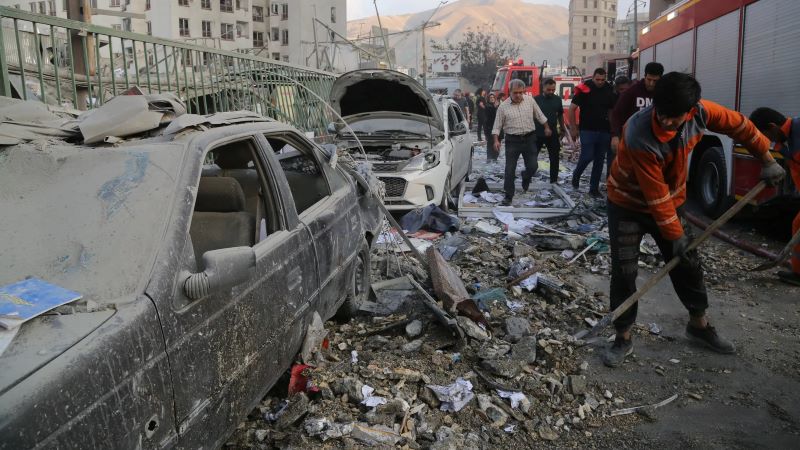
Prime Minister Benjamin Netanyahu later confirmed that Israel had “achieved all its war objectives,” which, he said, included neutralizing Iran’s nuclear and ballistic missile capabilities and establishing air superiority over Tehran.
“Israel will respond forcefully to any violation of the ceasefire,” Netanyahu warned in a statement, stressing that the truce was agreed upon in full coordination with President Trump.
President Trump announced the ceasefire on his Truth Social platform shortly after Iran’s final attack, stating, “the ceasefire is now in effect. please do not violate it!”
According to Iranian state media, the ceasefire began at 7:30 a.m. local time. However, prior to Trump’s statement, Iran’s Foreign Minister Abbas Araghchi had posted on X that Tehran had not formally agreed to a ceasefire but was prepared to end its military response if Israel ceased its aggression.
“As of now, there is NO ‘agreement’ on any ceasefire or cessation of military operations. However, provided that the Israeli regime stops its illegal aggression against the Iranian people no later than 4 a.m. Tehran time, we have no intention to continue our response afterwards,” Araghchi wrote.
The ceasefire followed mounting international pressure and diplomatic backchannel efforts.
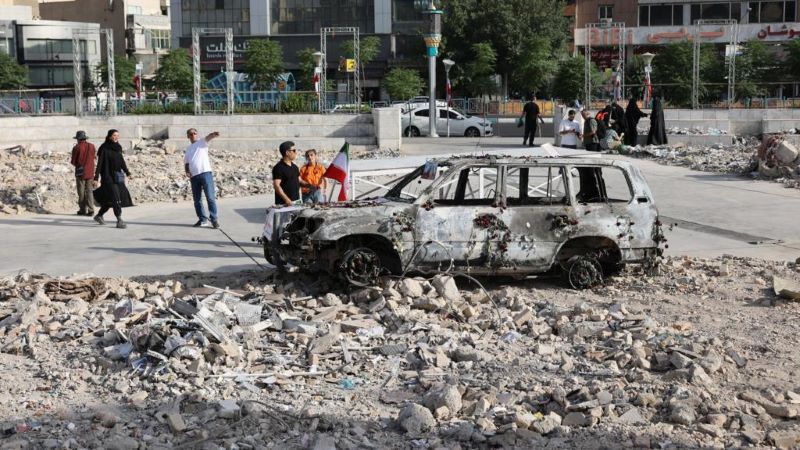
A senior White House official disclosed that Trump had personally communicated with Netanyahu, while Secretary of State Marco Rubio and special envoy Steve Witkoff engaged with Iranian counterparts through both direct and indirect channels.
Qatar also played a significant role in brokering the ceasefire, especially after Tehran’s attack on the Al Udeid U.S. Air Base near Doha.
The war has had devastating consequences on both sides. In Israel, the death toll reached 24, with over 1,000 injuries reported.
Iran, on the receiving end of relentless Israeli airstrikes, suffered at least 974 deaths and 3,458 injuries, according to the U.S.-based Human Rights Activists group. Of those killed in Iran, 387 were civilians and 268 were security personnel.
As the conflict intensified, Israel closed its airspace to civilian traffic, forcing emergency flights to circle offshore. Qatar also temporarily suspended its airspace during the attack on the U.S. base.
While Iran has consistently denied pursuing nuclear weapons, Israel and the U.S. maintained that Iran’s nuclear ambitions had become an imminent threat.
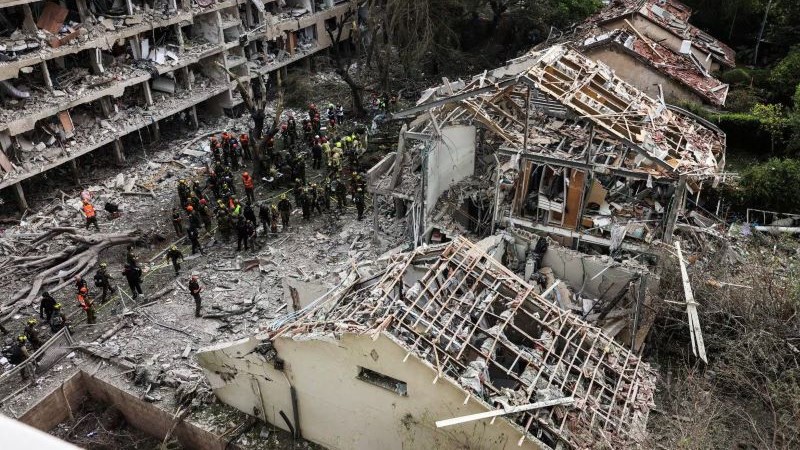
Netanyahu’s office reaffirmed, “Israel thanks President Trump and the United States for their support in defense and their participation in eliminating the Iranian nuclear threat.”
Though Iran’s Supreme Leader Ayatollah Ali Khamenei remained defiant throughout the conflict, stating that global powers “wouldn’t be able to stop us” if Iran pursued nuclear weapons, the ceasefire indicates a temporary de-escalation.
Meanwhile, the U.S. has begun evacuating American citizens from Israel, moving about 250 people through government and chartered flights. Approximately 700,000 Americans, many of them dual nationals, remain in the country.
As the dust settles on what President Trump has labeled the “12-Day War,” the ceasefire brings a fragile calm to a region shaken by one of its most intense flare-ups in recent years.
Whether the truce holds or not, the coming days will reveal if this marks the beginning of a longer-term de-escalation, or just a pause in an ongoing struggle.
